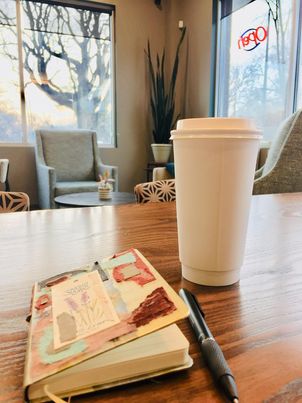Tag: orphan
-
Adoptees Need Mental Health Services
Christina speaks about the need for mental health services for intercountry adoptees who live many traumas.
-
Reconstructing Identity and Heritage
Desiree shares her thoughts on being an orphan and finding her identity.
-
No Mother, No Child
Yennifer Villa is a Colombian adoptee who has undertaken a project to photograph and capture the experiences of the mothers of loss in Colombia.
-
Abandoned Adopted Here: Review
ICAV review of Abandoned, Adopted Here: a multimedia documentary by Lucy Sheen about the Hong Kong intercountry adoptees sent to England.
-
ICAV Meeting with Federal Minister
Lynelle met with Federal Minister Christian Porter, responsible at the time for the adoption portfolio in Australia.
-
In Who’s Interest are Australia’s Adoption Reforms for?
Lynelle writes critically about the Australian reforms in intercountry adoption.
-
Online Panel: InterCountry Adoptee Experiences
Online series of panel discussions with intercountry adoptees on various topics.
-
What is it like to be Adopted?
—
by
in Abandonment and Rejection, Abuse in Adoption, Adoptees Educate, Adoption Education for Adoptive Parents, Adoption Education for Professionals, Australia, Grief and Loss, Lifelong Impacts of Adoption, Not Knowing in Adoption, Origins Search, Suicide, Therapy, Transracial Adoption, Trauma in Adoption, VietnamLynelle answers the question What is it like to be adopted? providing insight from her own journey, sharing some common elements many other adoptees speak of.
